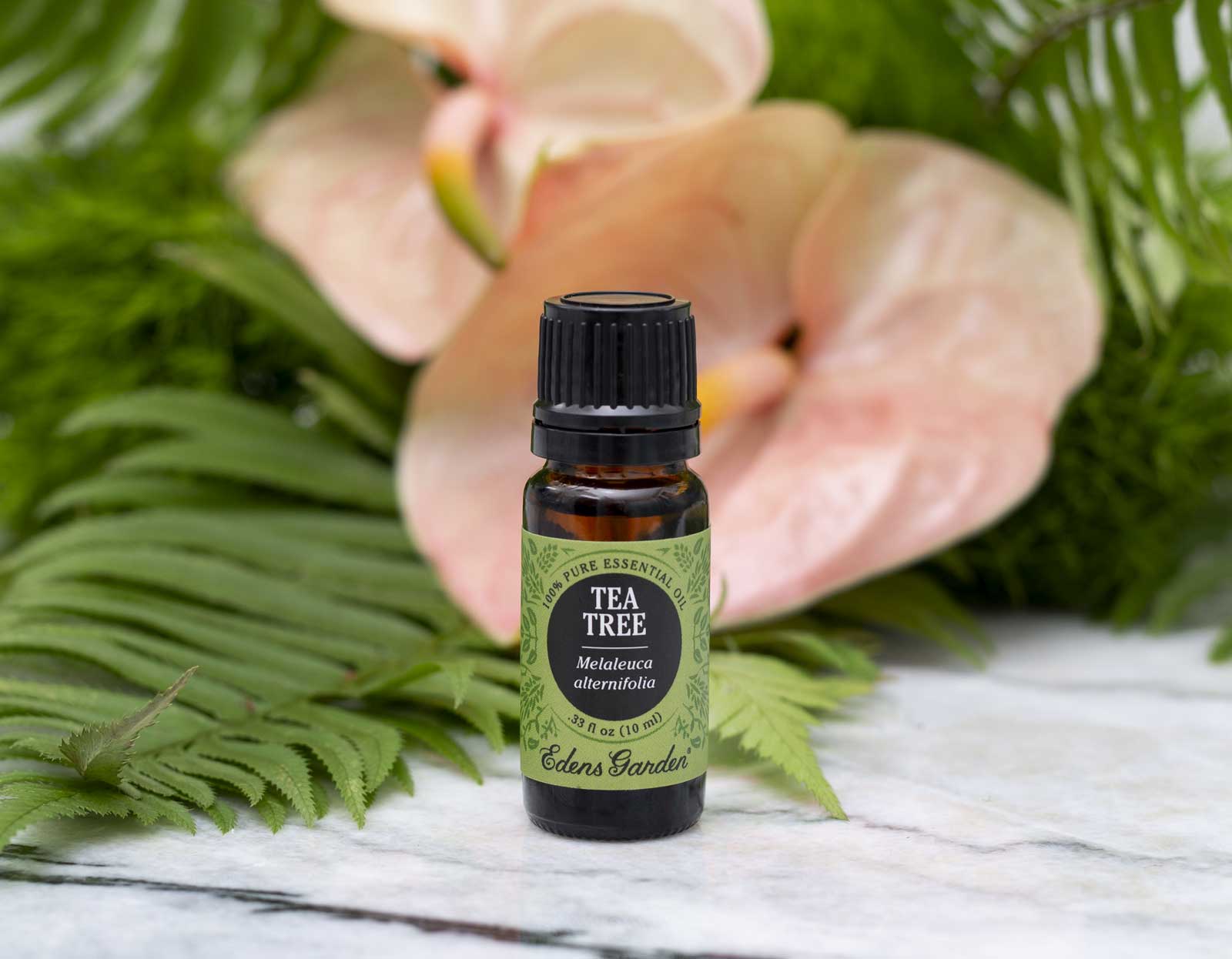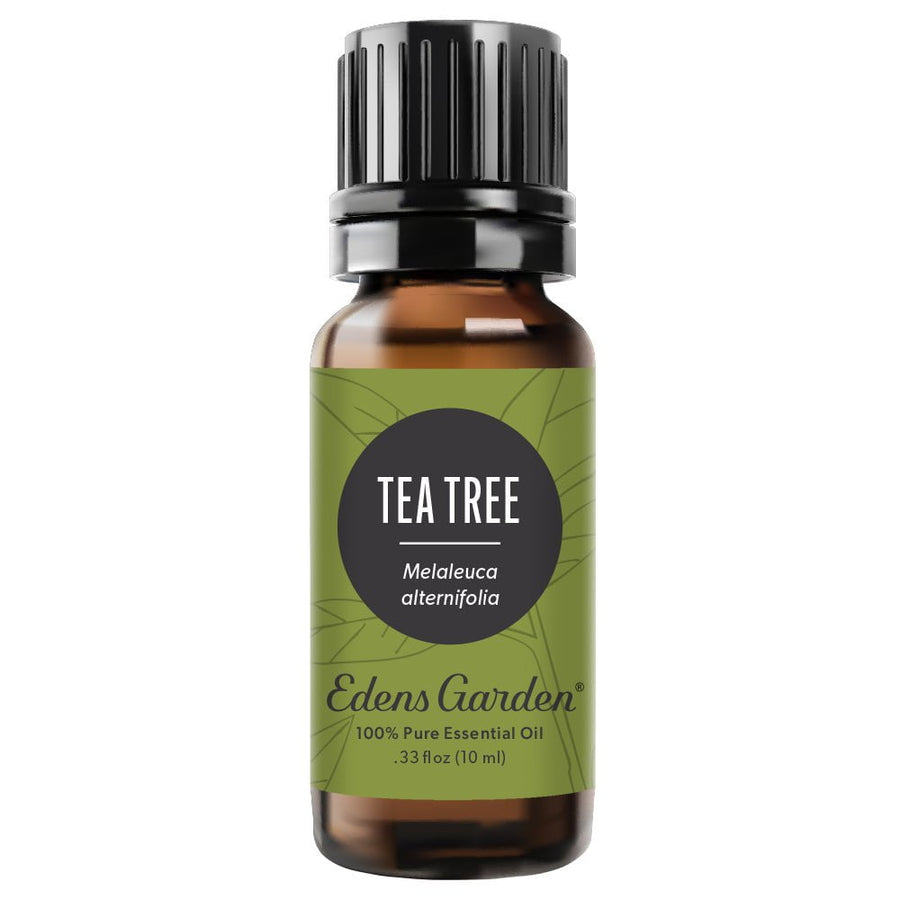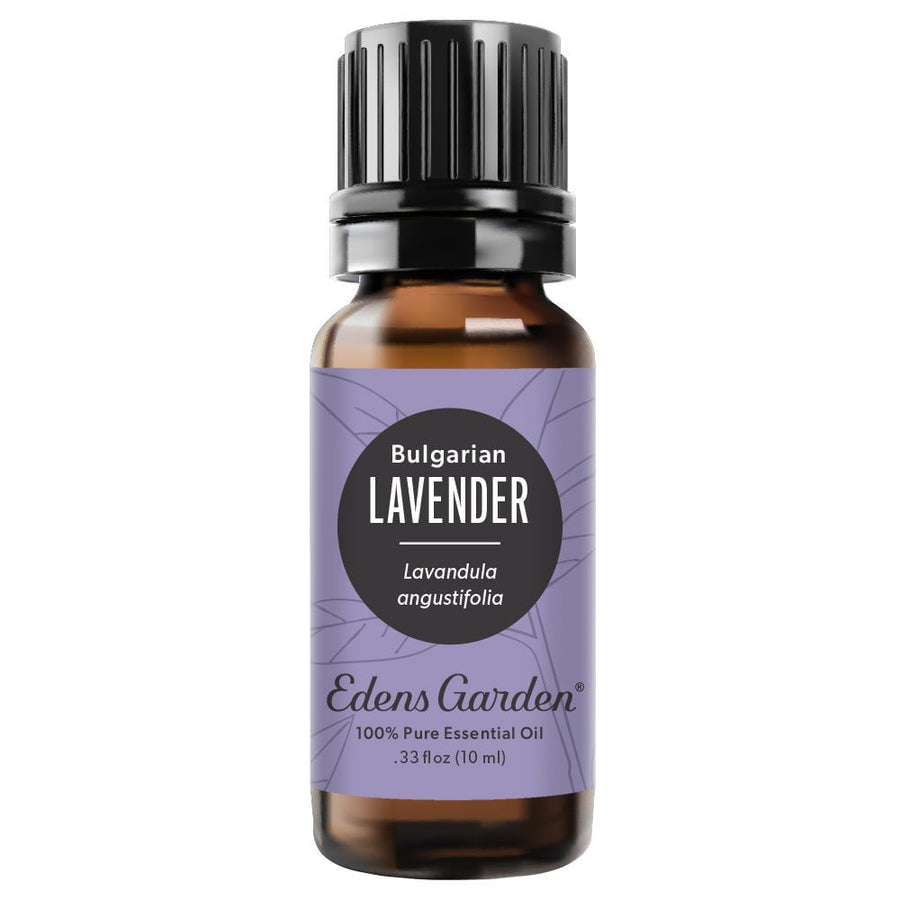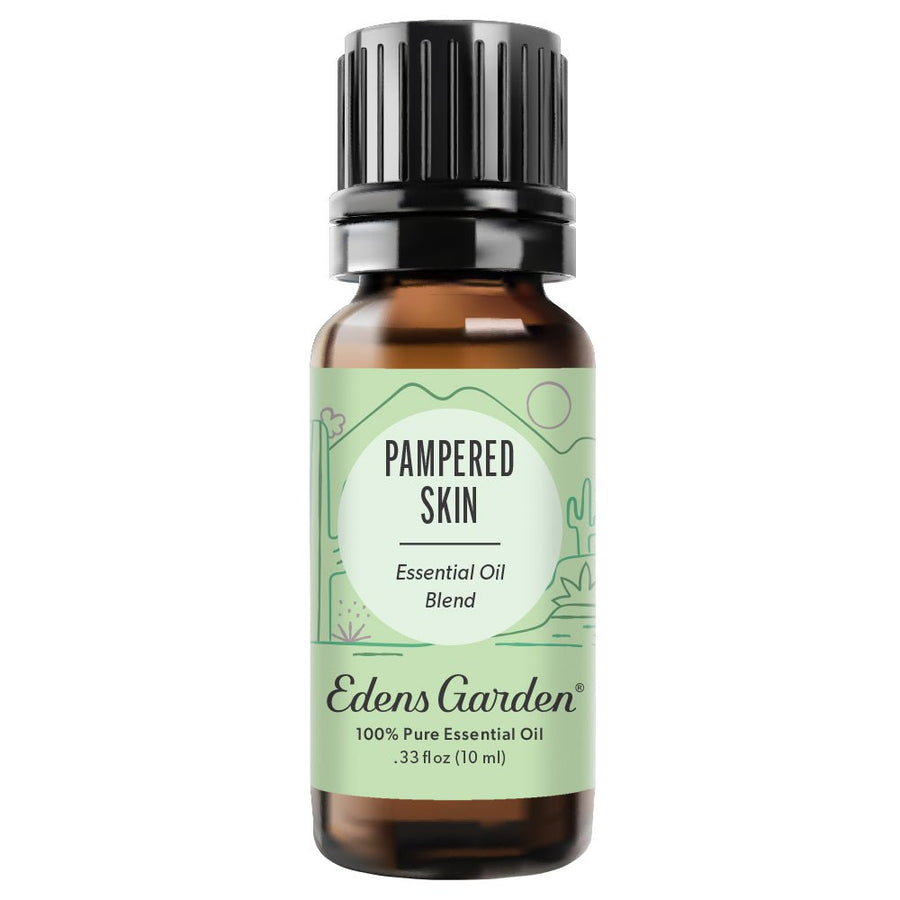What Are The Best Essential Oils For Ingrown Hair?

Skin bumps come in all shapes and sizes, and when you first encounter a red, painful bump near hair growth, you may be unsure if it’s a bug bite, a zit or a nasty ingrown hair.
While you can trust that a pimple or bug bite will disappear with time, ingrown hairs may become pus-filled or even infected.
As you may know, essential oils have numerous benefits that can soothe angry, sensitive skin and combat infection. This makes them a natural ally for relieving the worst symptoms and effects of ingrown hairs.
In this short guide, we’ll go over the best ways to avoid and treat ingrown hairs with a helping hand from essential oils.
What Causes Ingrown Hairs?
Before we dive into treatment, let’s take a look at causality.
Ingrown hairs occur when a hair curls into the skin rather than growing out of the hair follicle and above it. As it continues to grow, the tip of the hair irritates the skin, producing inflammation.
An ingrown hair can theoretically occur anywhere there is a hair follicle. However, they most commonly occur as hair regrows after shaving. Therefore, there are some areas of the body which are prone to pesky ingrown hairs:
-
Legs
-
Armpits
-
Pelvic region
Men who shave their faces can also experience ingrown hairs. In general, people with curly hair may suffer from more ingrown hairs as the hair curls out of the follicle.
The way you remove your hair can affect the chances of developing an ingrown hair. Tips for avoiding ingrown hairs include:
-
Dampen your skin with warm water before hair removal
-
Shave in the direction of hair growth
-
Use a sharp razor
-
Rinse your razor between strokes
-
Take steps to soothe your skin after shaving
Now let’s talk about where essential oils can help you prevent and treat ingrown hairs.
Lavender For Prevention
Soothing Lavender essential oil is known as the “mother of essential oils” for a reason. Beyond its well-known uses for reducing stress and aiding sleep, it’s also the secret ingredient in many high-end skin care products.
Why?
The compound Linalyl acetate is known for reducing irritation, one of the leading causes of skin issues (including ingrown hairs).
-
If you’ve irritated your sensitive skin by shaving, your body will produce inflammation at the site, sending signals for the immune system to rally its troops and repair the damage.
-
Irritation can manifest as redness and bumps and may even raise the risk of ingrown hairs.
Using Lavender or our Pampered Skin blend after shaving can help cut your ingrown hair problem off at the root (literally).
Lavender Aftershave Recipe
It’s easy to create an aftershave at home. Simply combine the following ingredients in a 1 oz amber glass bottle:
- 2 tbsp Sweet Almond carrier oil
- 12 drops Lavender- Fine essential oil
Shake to combine, and apply on slightly damp skin after shaving.
Tea Tree Oil For Ingrown Hair Treatment
Do you already have an ingrown hair? Send Tea Tree essential oil to the rescue!
-
This highly anti-inflammatory essential oil can help to soothe the redness at the site of your ingrown hair.
-
Known for its antiseptic properties, Tea Tree can also help to dry out the pus that may be accumulating under the surface of your skin.
-
Finally, Tea Tree oil is antibacterial. If your ingrown hair pops (or you can’t resist squeezing it), you risk infection. Thanks to its unique properties, Tea Tree oil can help reduce the chances of this issue.
Use our Tea Tree oil for ingrown hair recipe to treat the angry area.
Tea Tree Compress
You need just two ingredients to harness Tea Tree’s soothing power:
-
10 drops of Tea Tree oil diluted to 2%
-
½ cup of warm water
Dip a washcloth in the mixture and massage the affected area in a light, circular motion. Repeated as needed throughout the day to get relief. Alternatively, try applying the Tea Tree roll-on.
Geranium For Aftercare
In most cases, ingrown hairs will resolve themselves. However, if you’ve had a particularly nasty struggle as one works its way out of your skin, you could experience long-term damage including scarring and discoloration.
As your ingrown hair continues to heal, combat cellular damage with Geranium essential oil, which can help even skin tone.
Geranium Body Oil
To moisturize and soothe your skin, create a simple body oil with the following ingredients:
-
72 drops of Geranium essential oil
-
4oz Sweet Almond carrier oil
Apply to warm, damp skin (i.e., after showing).
Grow Your Skincare Knowledge
Your skin is the first line of defense against invading pathogens. Over time, damage from external threats and internal issues like ingrown hairs can take its toll on the skin’s luminosity, moisture and elasticity.
But essential oils can help restore it. Shop or synergy blends and single oils online today!
Sources:
1. “Ingrown Hairs.” Johns Hopkins Medicine. https://www.hopkinsmedicine.org/health/conditions-and-diseases/ingrown-hairs








James gaines
January 3, 2023 at 8:41 am
i love the tree oil